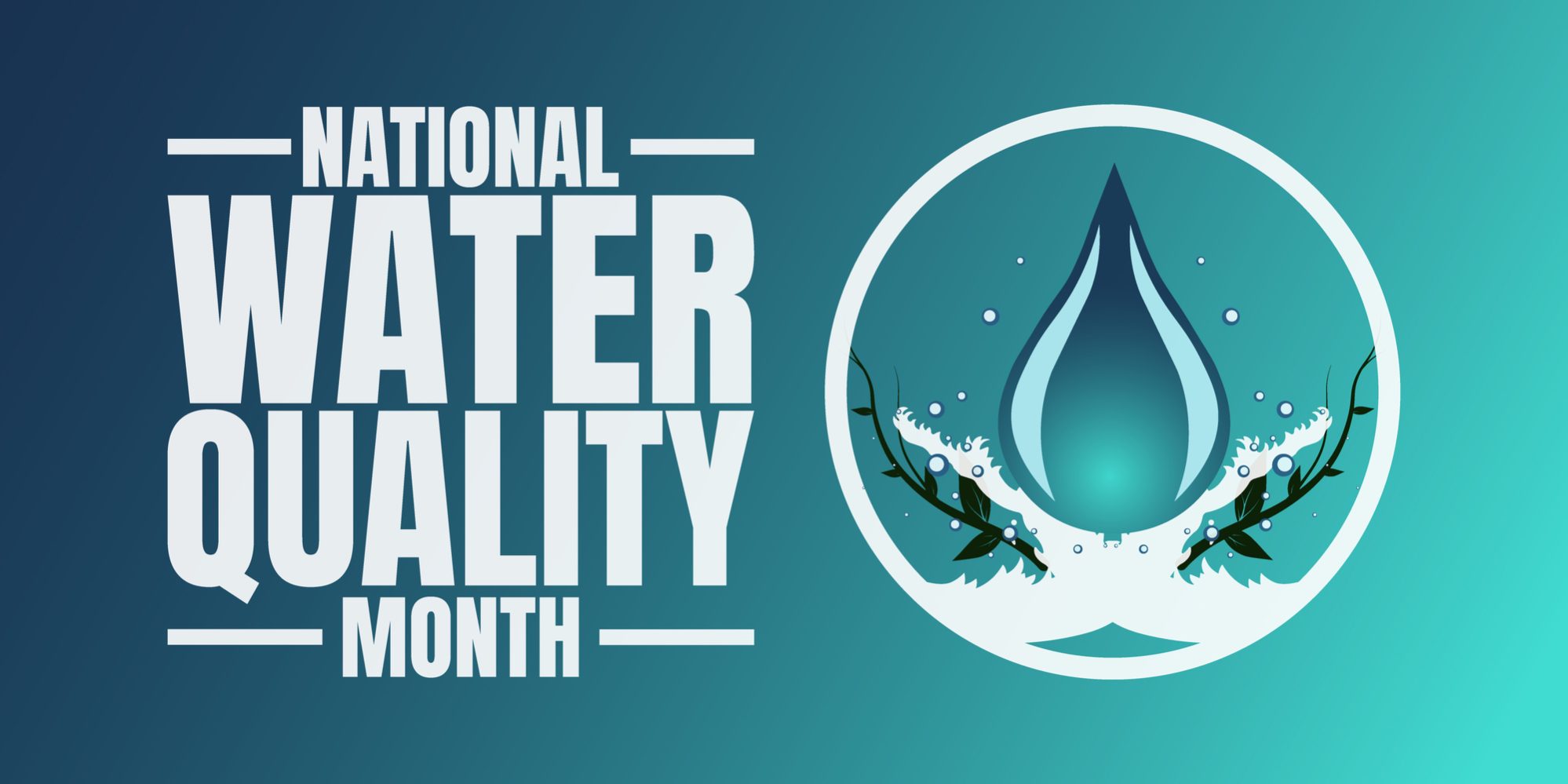As seen on https://www.cosmicpropertyinspections.com/blog
August is National Water Quality Month, a timely reminder for homeowners, especially those who rely on private well water, to prioritize the safety and purity of their water supply. Unlike municipal water sources, private wells aren’t regularly tested or regulated by government agencies, placing the responsibility squarely on homeowners to maintain their water’s quality. Regular testing is essential for safeguarding your family’s health, as contaminants can quietly infiltrate your groundwater, often without noticeable symptoms or signs.
Here’s what you should know about testing your home’s well water, why it’s important, and how to ensure your water remains clean, safe, and healthy.
Why Regular Well Water Testing Matters
Private wells can become contaminated through natural processes, nearby agriculture, industrial activities, septic system malfunctions, or even flooding events. Many contaminants, including harmful bacteria, nitrates, heavy metals like lead or arsenic, and pesticides, are odorless, tasteless, and invisible. Regular testing is the only reliable method for identifying these contaminants and ensuring your water is safe for drinking, cooking, and bathing.
Below are some common well water contaminants to be aware of:
Bacteria and Pathogens
Bacteria like E. coli or coliform indicate possible contamination by animal or human waste. Regular bacterial tests should be conducted annually, especially following floods, heavy rainfall, or septic system issues, to prevent potential illness.
Nitrates and Nitrites
Frequently originating from fertilizers, septic systems, or livestock manure, high nitrate levels can pose serious health risks, especially for infants, young children, and pregnant women. Annual testing is essential for early detection and intervention.
Heavy Metals
Metals such as lead, arsenic, copper, and mercury can seep into groundwater naturally or through industrial and agricultural runoff. Regular testing ensures that these dangerous substances aren’t compromising your family’s health.
Chemicals and Pesticides
Nearby farms or industrial operations can cause pesticide or chemical contamination in groundwater. If you live close to agricultural areas, routine screening for pesticides and chemicals is particularly important.
Recommended Testing Frequency
The Environmental Protection Agency and Centers for Disease Control and Prevention recommend testing private well water at least annually. If there are known issues in your area, such as flooding or nearby agricultural or industrial activity, more frequent testing is advisable. Additionally, you should test your well water immediately if you notice a change in water taste, color, or odor, or if anyone in your household experiences unexplained health issues.
How to Test Your Well Water
Testing your well water is straightforward and affordable:
- Home testing kits: Readily available and user friendly, these kits can quickly screen for basic contaminants. However, they typically don’t detect all contaminants or provide detailed analysis.
- Professional laboratory testing: Sending a water sample to a certified laboratory offers the most accurate and comprehensive results. Labs will provide a detailed report, helping you identify specific contaminants and their levels, and offering guidance for necessary treatments.
Steps After Testing: Water Treatment Options
If testing reveals contamination, several solutions are available:
- Filtration Systems: Activated carbon or reverse osmosis filters effectively remove many contaminants, including pesticides, nitrates, and heavy metals.
- Water Softening Systems: Ideal for treating excess minerals and certain metals that cause hard water.
- Ultraviolet (UV) Disinfection: UV systems effectively eliminate harmful bacteria, viruses, and parasites.
- Chlorination: A temporary solution used to disinfect wells after contamination events, such as flooding.
Selecting the appropriate treatment depends on the type and concentration of contaminants detected in your water.
Protecting Your Family’s Health
Clean drinking water is vital for your family’s health and well-being. Regularly testing your home’s well water supply not only provides peace of mind but is an essential step in preventive health care. This August, during National Water Quality Month, commit to ensuring your well water remains safe, clean, and contaminant free. By investing a small amount of time into water testing and maintenance, you can rest assured your family enjoys safe, healthy drinking water all year long.
–
Written by the staff writing team at HappyWriters.co








